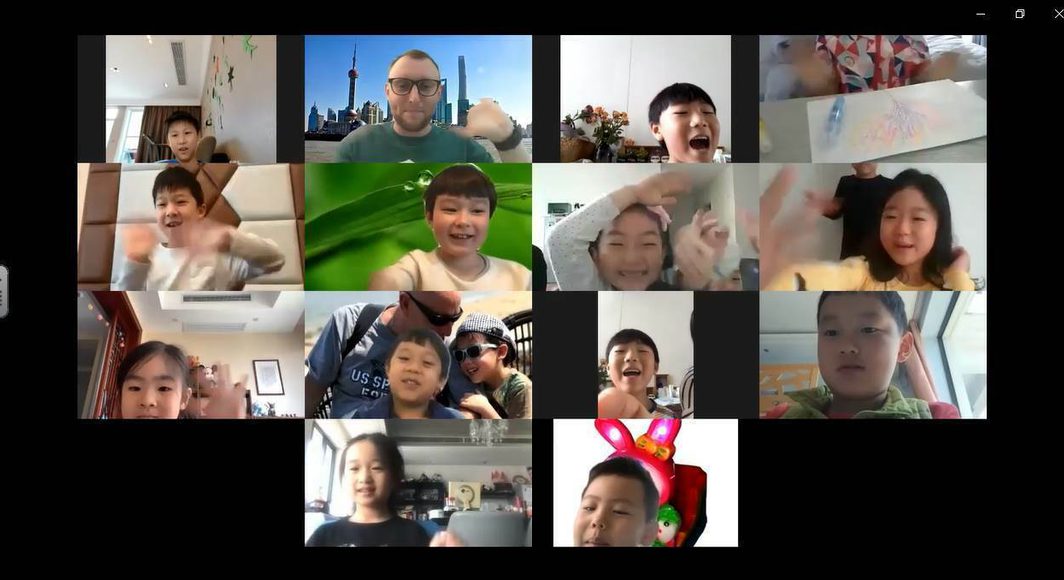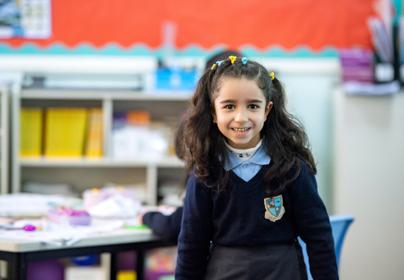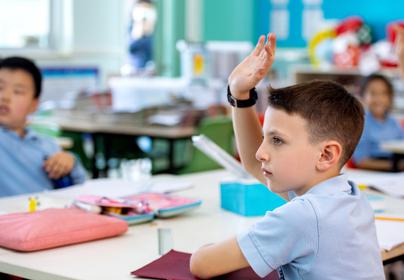Standardised testing recently carried out in Orbital schools demonstrates that student progress against targets and the expectations for their age group has been maintained, and in certain areas exceeded, throughout the extended period of eLearning delivered via the Group’s Virtual Learning Environment.
At all our schools, the teachers’ assessment of student attainment and progress is supported and verified by rigorous external standardised assessments from our partners at GL Assessment and the UK examination boards. Standardised progress tests are used to assess student achievement against learning targets and to benchmark against age-related standards. This year, due to COVID-19, Orbital schools have been challenged to complete all testing. But enough has been achieved, sometimes through live streamed invigilation of students who were “locked down” on the other side of the world, for a clear picture of student performance to emerge. Initial findings include:
- Progress has been made in the core subjects of English and mathematics, on average above global age-related expectations. This is particularly impressive when you consider that most of our students are not native English speakers
- Schools have also made progress, showing a continuation of their upward trend of year-on-year improvement in group average scores and value added compared to expectations (based on ability test results).
Contributing factors to these results are:
- Students have worked incredibly hard in extremely difficult circumstances. Attendance for online lessons and completion of work assignments has been excellent (as high as 97%). Students have engaged wholeheartedly with livestream lessons and wide variety of resources and practical activities. Parents, too, have played a huge part in supporting and encouraging their children in managing their learning from home.
- Teachers across the schools have put in tremendous efforts to cover the curriculum in a new medium and to make remote learning as engaging as possible for students. In doing so, they have benefited from the experience of all teachers in the Group working on the same platform.
- A key factor is support and personalised feedback. In surveys of our e-learning provision, on average, families told us that over 80% were happy with the feedback and the support their children were getting and that 85% found it easy to contact teachers and other staff when needed.
- Some students have benefitted from the online learning format, possibly because it is a preferred learning style for them or because they may have had more direct interaction with their teachers than when they have physically been in class.
- Children are more resilient in their learning than many (parents, teachers, media or even governments) sometimes assume. The maintenance and development of learned skills and content demonstrated by our students is in line with other global studies during this pandemic and after other school closures.
Remote e-learning has provided new insights on school education for many through this crisis. Students, parents, and teachers have risen to the challenge and deserve massive congratulations for their achievement. It is also reassuring to see that these efforts alongside a well-managed e-learning programme can provide strong educational benefits in core subject areas. It cannot, of course, replace the social and practical aspects of school-based learning but in the longer term, may offer new possibilities to further enhance our students’ development and become part of the “new normal” when schools return for the new academic year.




